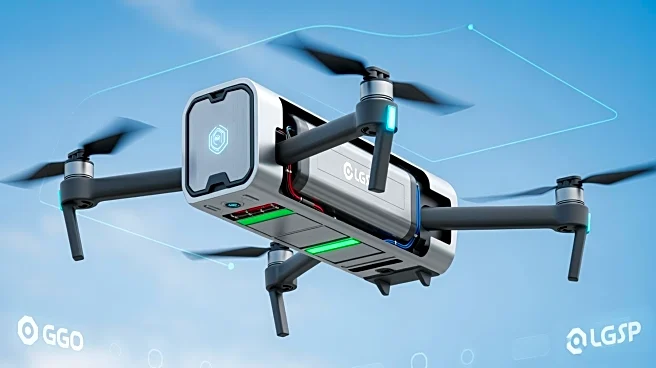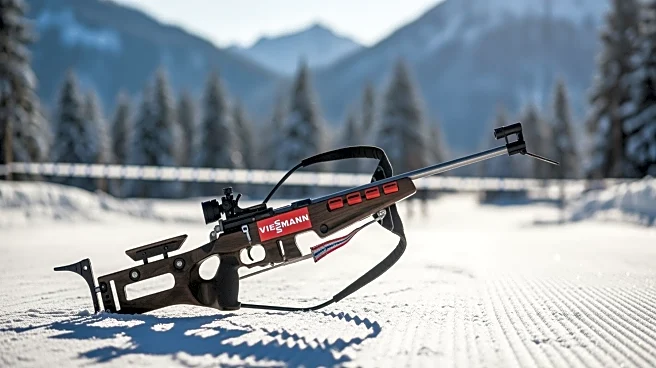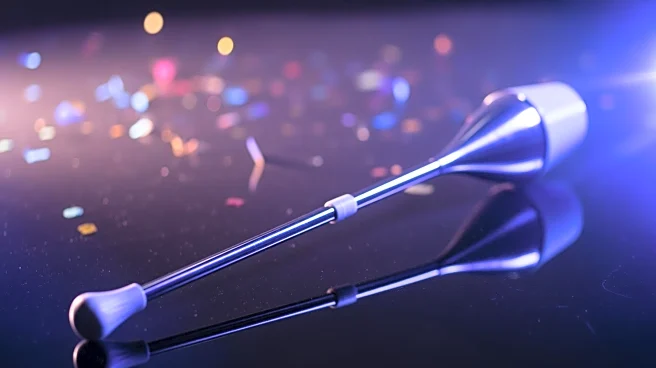What's Happening?
Amprius Technologies, Inc. has announced that its SiCore® SA08 battery cells have been selected by Empirical Systems Aerospace, Inc. (ESAero) for use in Unmanned Aerial Vehicles (UAVs). These UAVs are
intended for applications in defense, security, logistics, and public safety. The selection was made due to the battery's ability to significantly extend flight times and increase payload capacity, which are crucial for UAVs operating in challenging environments. The SA08 cells are already available in volume, allowing ESAero to expedite the integration of this technology into their UAV systems. Dr. Kang Sun, CEO of Amprius Technologies, emphasized the strategic partnerships that are enabling the company to deliver high-performance silicon anode cells at scale and competitive prices. Andrew Gibson, CEO and President of ESAero, highlighted the advanced technology and cost competitiveness of Amprius' batteries, which meet the demands of their program and set new benchmarks for UAV endurance.
Why It's Important?
The integration of Amprius' SiCore® SA08 cells into UAV platforms represents a significant advancement in UAV technology, particularly in terms of flight endurance and payload capacity. This development is crucial for industries relying on UAVs for critical operations, such as defense and public safety, where extended flight times and increased payloads can enhance operational efficiency and effectiveness. The collaboration between Amprius and ESAero underscores the growing demand for advanced battery solutions in the electric aviation sector. Companies that can offer high-performance, reliable, and cost-effective battery technologies are likely to gain a competitive edge in this rapidly evolving market. This partnership not only strengthens Amprius' position in the UAV industry but also sets a precedent for future innovations in electric aviation.
What's Next?
Following the successful integration of the SiCore® SA08 cells into ESAero's UAVs, Amprius is expected to continue expanding its partnerships within the UAV sector. The company aims to leverage its advanced battery technology to support a broader range of UAV applications, potentially leading to further collaborations with other aerospace companies. As the demand for efficient and reliable UAVs grows, Amprius' technology could play a pivotal role in shaping the future of electric aviation. Stakeholders in the defense, security, and logistics sectors may closely monitor these developments, as enhanced UAV capabilities could lead to new operational strategies and applications.










